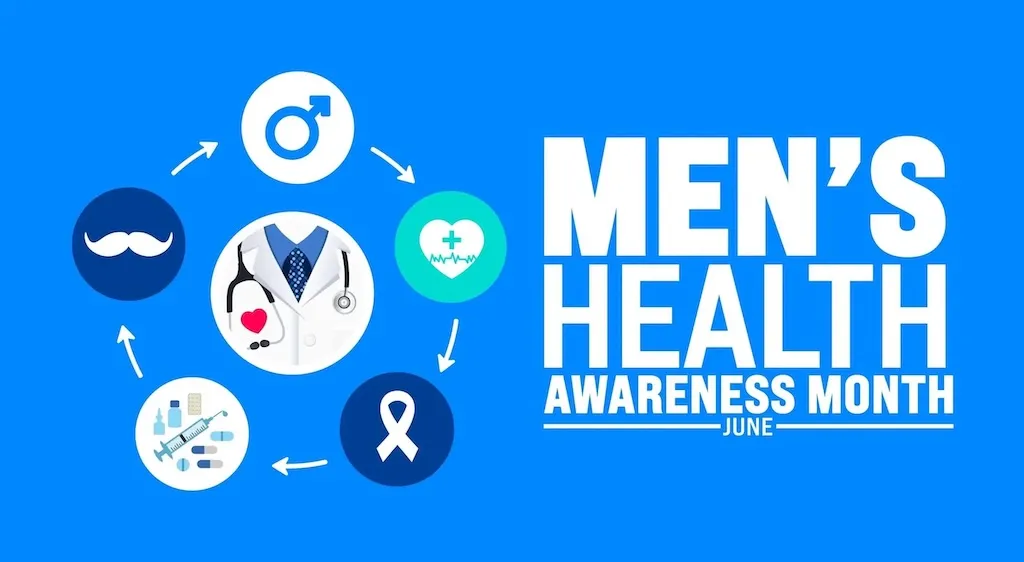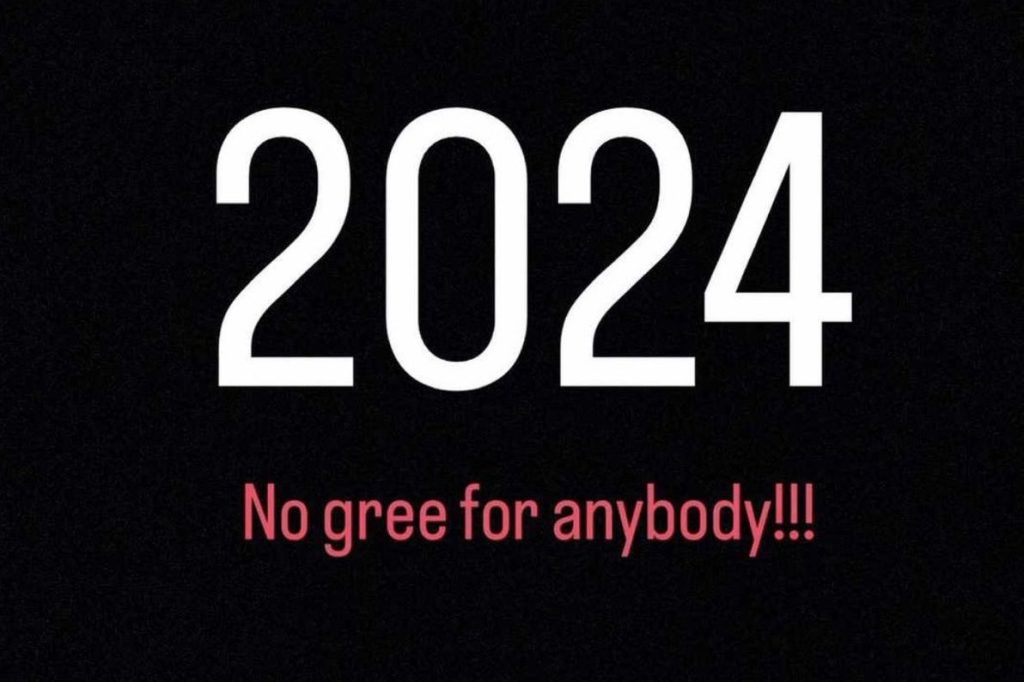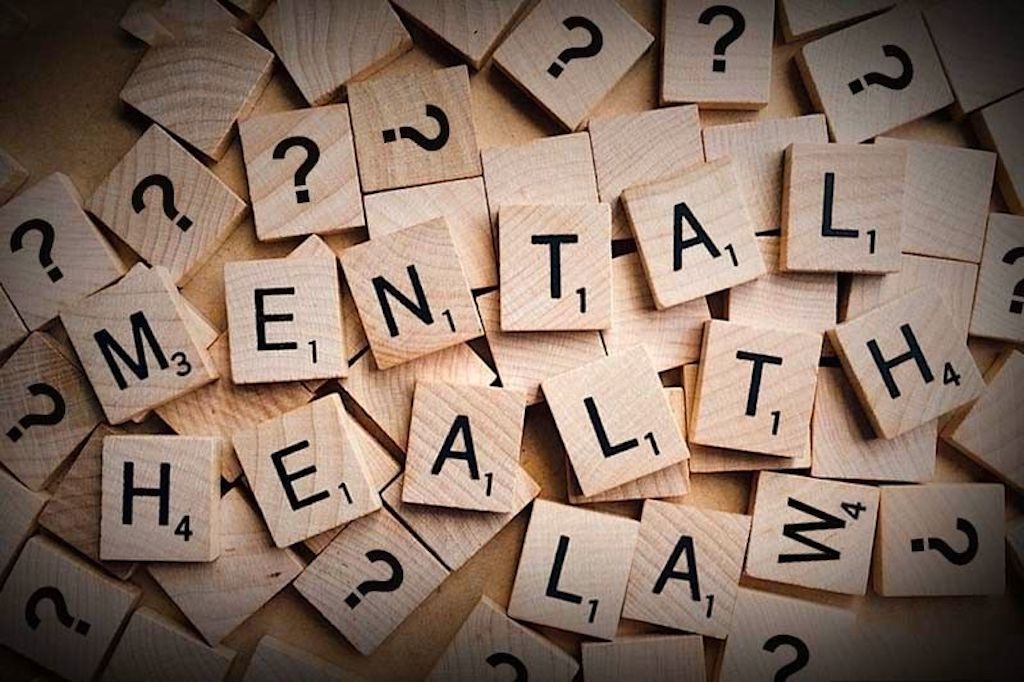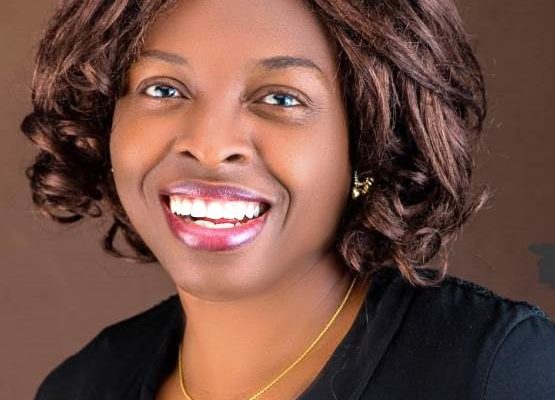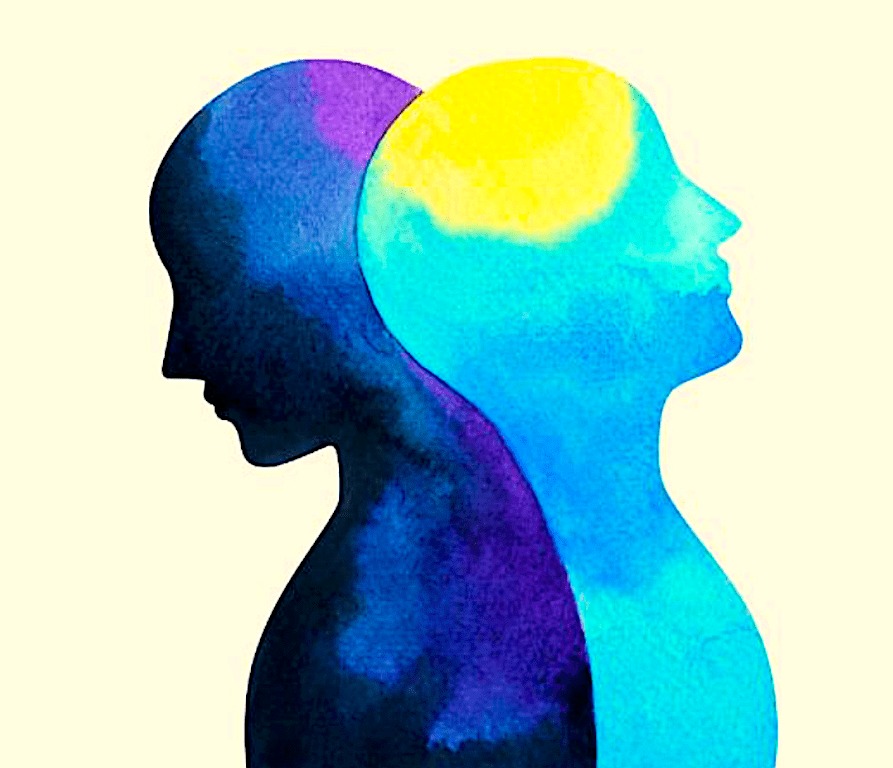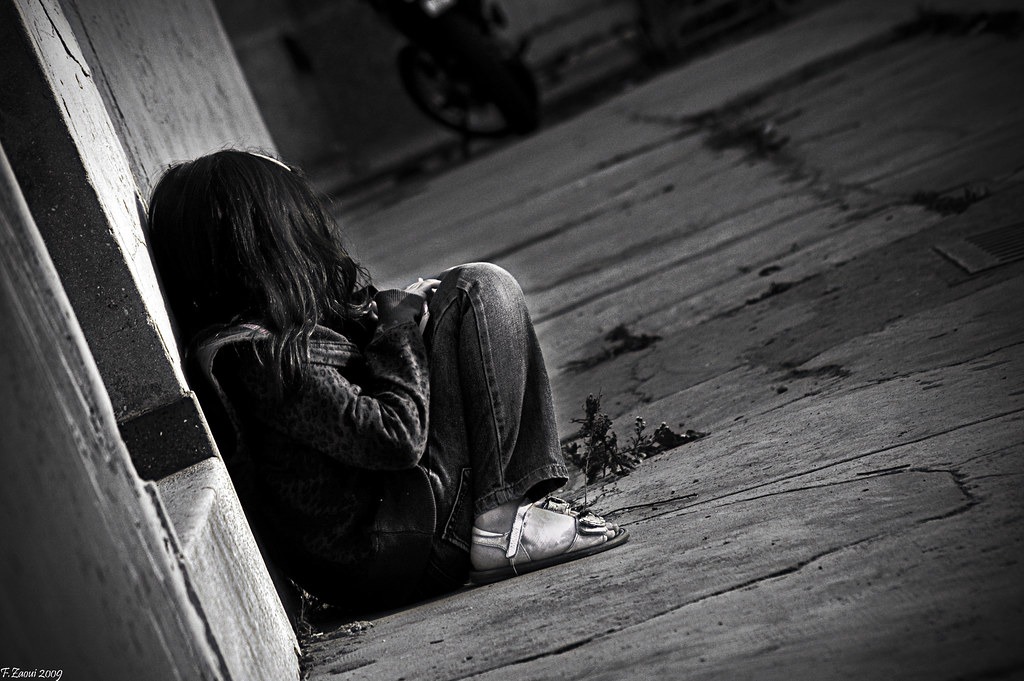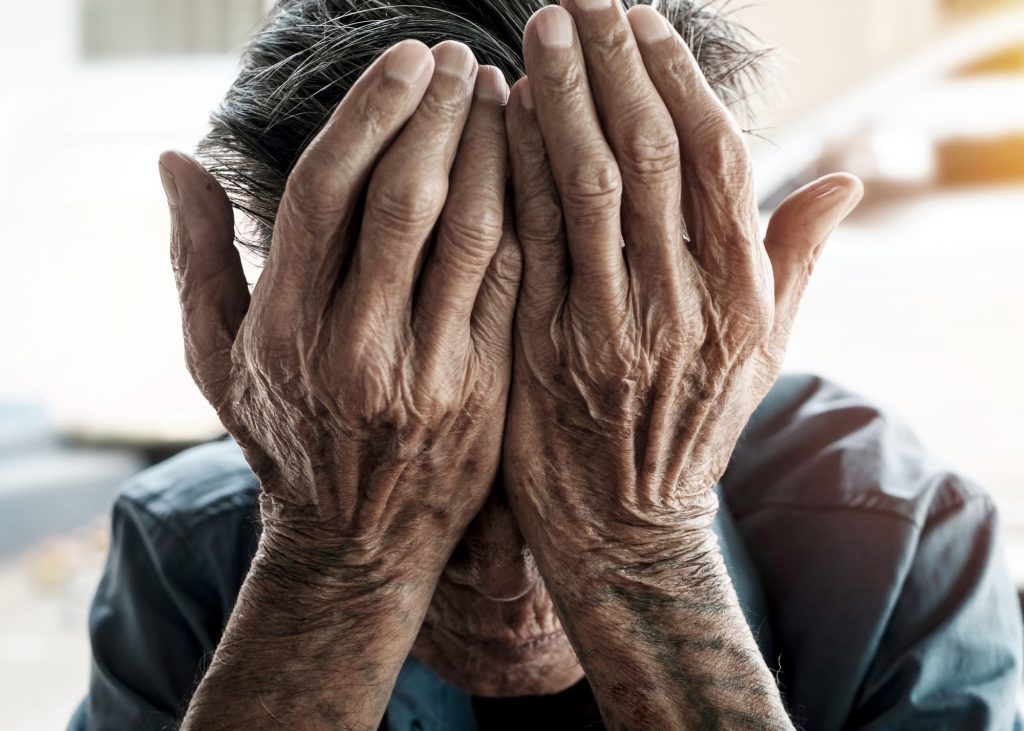Men and Boys Do Cry! Engaging With Men’s Mental Health, By Margaret Uddin-Ojeahere.
Prioritising men’s mental health is not only essential, considering the relationship between mental health, physical health, relationships, and productivity, but vital for building healthier societies. … it is high time we discard the archaic slogan and replace it with, “men and boys do cry,” and begin to push narratives that support this. It is also important to acknowledge that boys and men experience emotional and physical pain, often in ways that go largely unnoticed or unacknowledged. Therefore, societies should know, in order to recognise and address disparities in responses to trauma, regardless of gender. After all, justice and health care cannot afford to be selective, neither should empathy be conditional. June is considered men’s mental health awareness month in some parts of the world. A simple interpretation of this is that there ought to be increasing awareness of men’s mental health on all days or most days in June. The questions now are: Is there a need for conversations around men’s mental health and should it be limited to a particular time of the year? After all, men have long been expected to endure in silence, shaped by social norms that equate emotional suppression with strength. As a result, men appear to do a good job of masking whatever turmoils they struggle with. However, the reality is that mental health conditions affect men just as profoundly as they do others, and neglecting these discussions can have dire consequences. Men’s mental health, which is seldom discussed, can suggest that there is sufficient awareness of the topic or that men do not have mental health problems of substantial dimensions in Nigeria. Reinforced by societal expectations that men must be physically dominant and emotionally resilient, discouraging them from expressing vulnerability and forcing them to internalise their pains. While this erroneous concept undermines men’s mental health, it is hardly surprising that countless men suffer in silence, breaking down after years of maintaining a facade. An example is the story of James, a 38-year-old father of two, who had been struggling to provide for his family after losing his job. As financial stress mounted, he felt increasingly overwhelmed, insecure, and anxious about the future. His sleepless nights and diminished libido strained his relationship with his wife and his children noticed his growing irritability, lack of focus, and disinterest in their usual fun activities. About the same time, James withdrew from his friends, avoiding conversations about his emotions, convinced that expressing vulnerability was a sign of weakness. Over time, he developed persistent headaches, chest tightness and fatigue, symptoms that he attributed to stress. A trusted friend encouraged him to seek professional help, but James hesitated, fearing judgment and the stigma of being perceived as weak. James’ experience highlights how many men mask their struggles, fearing judgment or dismissal. His turning point came when he finally acknowledged his pain and sought help. Unfortunately, not all men will embrace their vulnerabilities, or be able to access appropriate mental health care, for reasons that span stigma, socioeconomic hardships, to social status and beyond. Recently, Brigette Macron was caught on camera giving her husband, the president of France, an allegedly playful slap; an incident that left the world wondering if it was domestic violence or just lovers’ banter. Media was awash with memes and questions that tried to ascertain whether it was an affective or aggressive gesture. Unsurprisingly, it was short lived, as most sensational news are, but it was quite disappointing to see the scarce presence of social justice groups advocating for the rights of men. Not that I am recommending random groups creating chaos, but the whole shebang left me pondering what would have happened if the roles were reversed. Quite ironical, in a world that champions gender equality, the stark contrast in responses to violence against men and women is painfully conspicuous. Perhaps, because we have normalised women as victims and men as perpetrators. A stance that perpetuates inequalities and exacerbates mental health stressors, permeating everyday life even in vocabulary, with terms such as “man up”, “real men don’t have mental health problems” and “men don’t cry”. Apparently, reactions to physical altercations often differ on the basis of gender. A man being slapped by a woman is frequently dismissed as insignificant, with shades of amusement, while the reverse scenario sparks outrage and demands for accountability. This phrase by a colleague – “he gets hit and the world looked away, but if she is hit then we call for his head” – encapsulates a troubling reality; that society often reacts differently to trauma, depending on gender. Quite ironical, in a world that champions gender equality, the stark contrast in responses to violence against men and women is painfully conspicuous. Perhaps, because we have normalised women as victims and men as perpetrators. A stance that perpetuates inequalities and exacerbates mental health stressors, permeating everyday life even in vocabulary, with terms such as “man up”, “real men don’t have mental health problems” and “men don’t cry”. Newsflash! Crying is a normal human physiological activity, so men do cry, and it is therapeutic too. In fact, it is high time we discard the archaic slogan and replace it with, “men and boys do cry,” and begin to push narratives that support this. It is also important to acknowledge that boys and men experience emotional and physical pain, often in ways that go largely unnoticed or unacknowledged. Therefore, societies should know, in order to recognise and address disparities in responses to trauma, regardless of gender. After all, justice and health care cannot afford to be selective, neither should empathy be conditional. However, it raises several concerns about double standards in violence, forms of abuse men face, their reactions, accessible care and the consequent mental health implications on men. In pushing the narrative that “men and boys do cry”, then one should be ready to challenge the traditional masculinity notion that men should mask their emotions. Incontrovertibly, normalising open conversations about men’s mental health through tangible and digital platforms is crucial in
